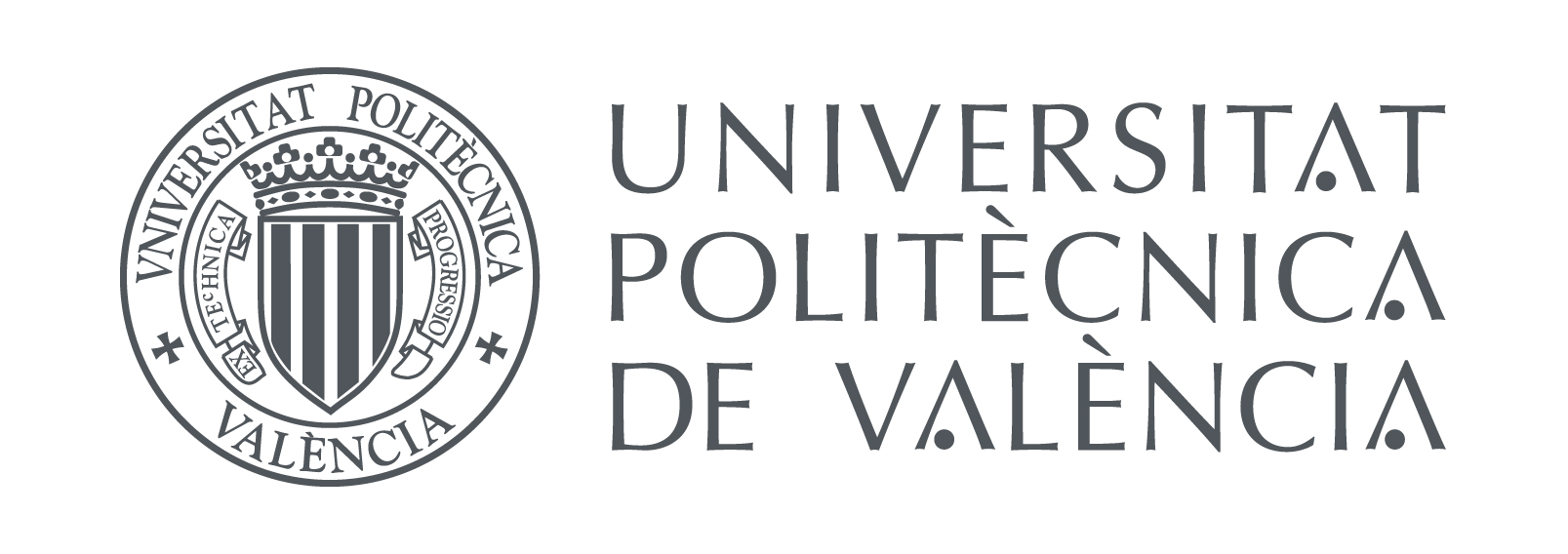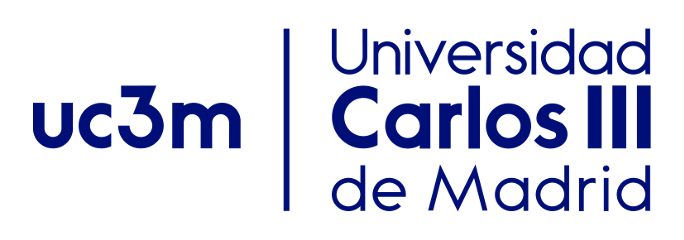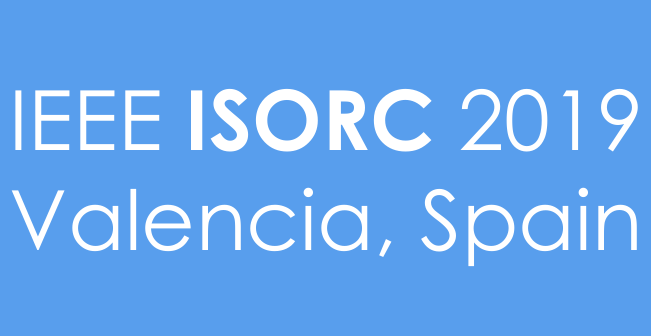IEEE ISORC was founded in 1998 (with its first meeting in Kyoto, Japan) to address research into the application of real-time object-oriented distributed technology. Since then, ISORC has continually evolved to meet the latest challenges faced by researchers and practitioners in the real-time domain, with an emphasis on object-, component- and service- oriented systems and solutions.
ISORC is a single-track conference, with a lively community. We have hosted a number of associated workshops, and are proud of our spirit of openness. We seek to encourage diverse views and new approaches to all Real-Time Issues and Challenges for novel applications and systems in RT computing issues.
Accepted papers from ISORC 2019 will be invited for submission to a Special Issue of a Journal that will be advertised in short.
Papers are to be submitted through the Easychair system .
Main Track:
Submission deadline: January 15, 2019
Extended submission deadline: January 25, 2019
Further extended submission deadline (firm): February 1, 2019 (23:59 anywhere on earth)
Acceptance notification: March 10, 2019
Camera-ready papers: April 1, 2019
Conference: May 7-9, 2019
Poster/Demo Session:
Submission deadline: March 15, 2019
Acceptance notification: March 25, 2019
Camera-ready papers: April 1, 2019
Registration:
Author registration deadline: April 6, 2019
Early registration deadline: April 14, 2019
Late registration deadline: April 24, 2019
For our 22nd symposium, we are meeting in Spain, in the city of Valencia. Our meetings will take place at SH Valencia Palace Hotel. For more information on IEEE ISORC 2019 and its location, calls for papers, workshops, and events, please use the menu bar at the top of the screen of the main page. We look forward to seeing you in Spain in Valencia 2019!
- Insup Lee, University of Pennsylvania
- Frank Mueller, North Carolina State University, USA
Title: The Internet of Medical Things: Personalizing Medicine in an Impersonal World
Abstract: The Internet of Medical Things (IoMT) allows data from multiple medical devices to be aggregated and analyzed and actions of multiple devices to be synchronized and automated to achieve improved patient monitoring and care. IoMT can be used to improve patient safety and treatment outcomes by leveraging diverse capabilities of individual devices to gain a more detailed and accurate picture of the evolving patient state and also by automating some of the tasks currently performed by caregivers. The development of such IoMT that are both safe and effective has presented many challenges. These challenges include achieving high levels of assurance in system software, interoperability, context-aware decision support, autonomy, security and privacy, and certification. This talk will discuss these challenges, case studies that illustrate ways to address them, and highlights open research and development issues in the following areas: (1) device interoperability platform that guarantees safety, security, and privacy; (2) decision supports Fusion of heterogeneous data sources with context information; and (3) cooperative closed-loop physiological control between automation and human operators.Biography: Insup Lee is the Cecilia Fitler Moore Professor in the Department of Computer and Information Science, Director of PRECISE Center, and Co-Director of Penn Health-Tech at the University of Pennsylvania. He also holds a secondary appointment in the Department of Electrical and Systems Engineering. His research interests include cyber-physical systems (CPS), real-time systems, embedded systems, high-confidence medical device systems, formal methods and tools, run-time verification, software certification, and trust management. The theme of his research activities has been to assure and improve the correctness, safety, and timeliness of life-critical embedded systems. He is ACM fellow and IEEE fellow and received IEEE TC-RTS Outstanding Technical Achievement and Leadership Award in 2008.
Title: Quantum Computing: A Systems Perspective
Abstract: Quantum Computing (QC) has reached an early state of device maturity with the availability of several hardware platforms and corresponding programming environments. The potential of QC is significant as algorithms, such as Shor's prime factoring, have the potential to break the barriers of classical complexity classes. Yet, current Noisy Intermediate Scale Quantum (NISQ) platforms are constrained in size and fidelity.This talk provides a short primer on quantum computing with programming examples on publicly accessible NISQ platforms. It discusses the theoretical promises, assesses contemporary realities, identifies potentially promising research directions, and investigates potential impacts on the field of computing for a Computer Science perspective.
Biography: Frank Mueller is a Professor in Computer Science and a member of multiple research centers at North Carolina State University. Previously, he held positions at Lawrence Livermore National Laboratory and Humboldt University Berlin, Germany. He received his Ph.D. from Florida State University in 1994. He has published papers in the areas of parallel and distributed systems, embedded and real-time systems, compilers and quantum computing. He is a member of ACM SIGPLAN, ACM SIGBED and an ACM Fellow as well as an IEEE Fellow. He is a recipient of an NSF Career Award, an IBM Faculty Award, a Google Research Award and two Fellowships from the Humboldt Foundation.
We acknowledge support from the following.
 |
 |
 |













